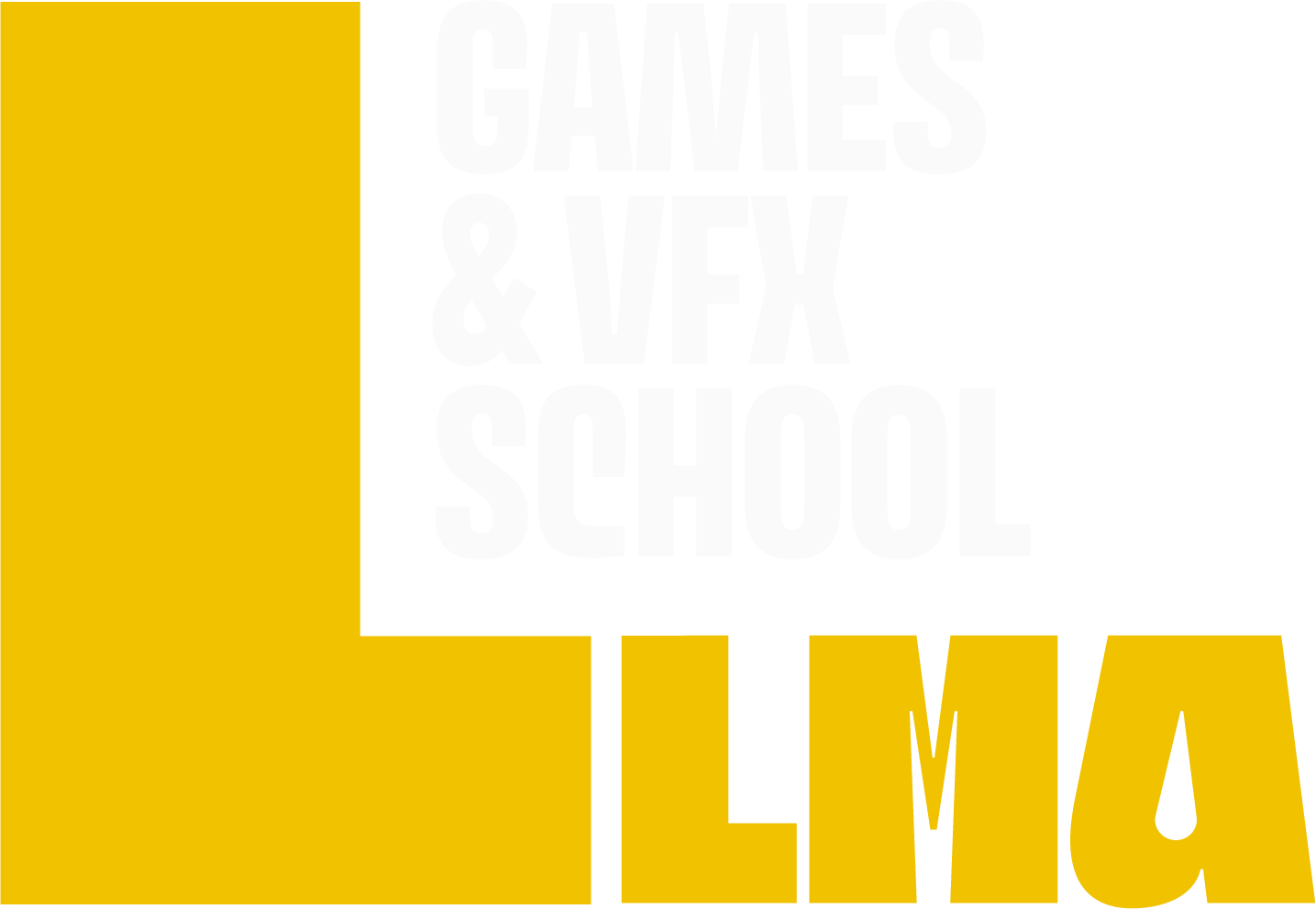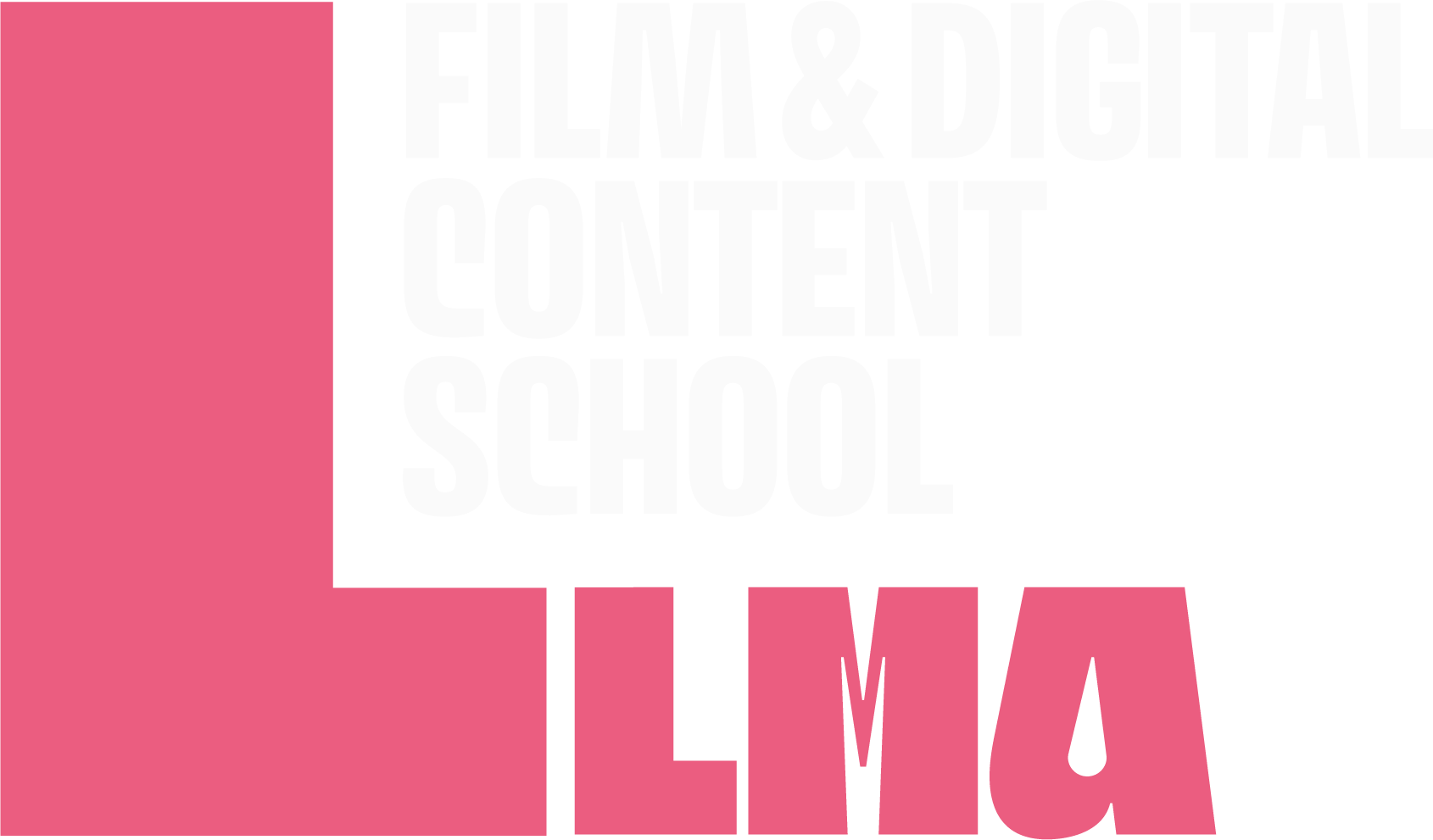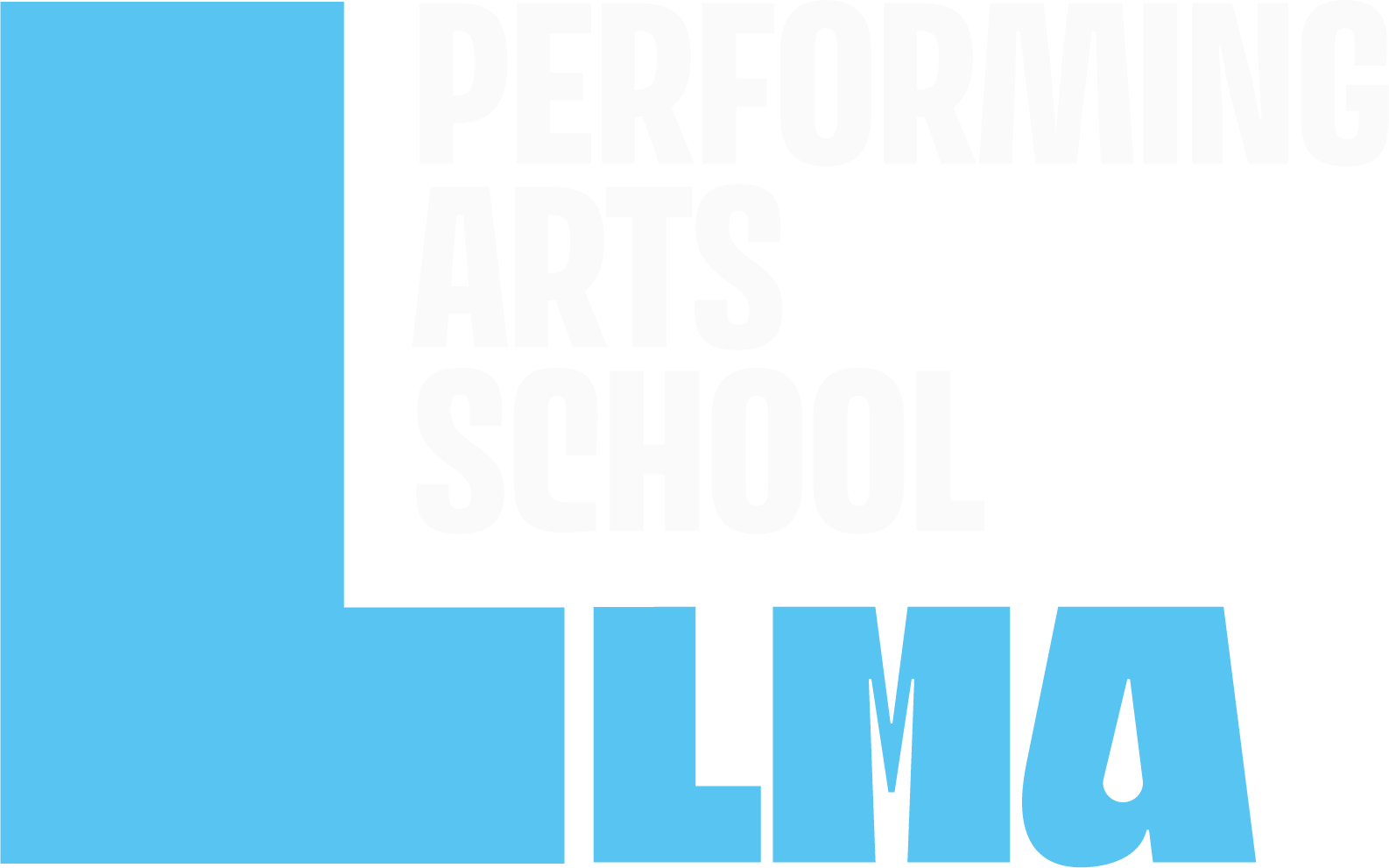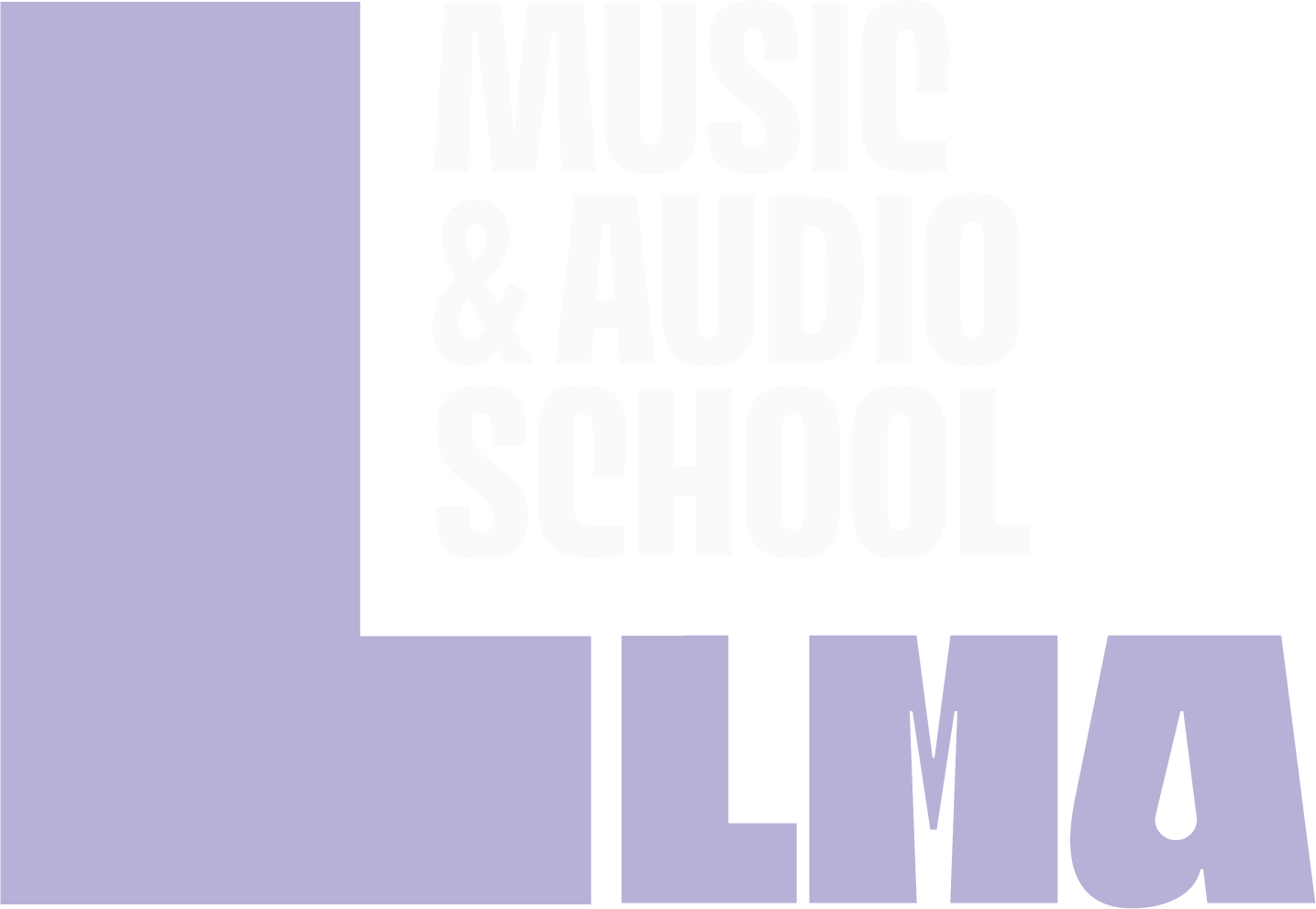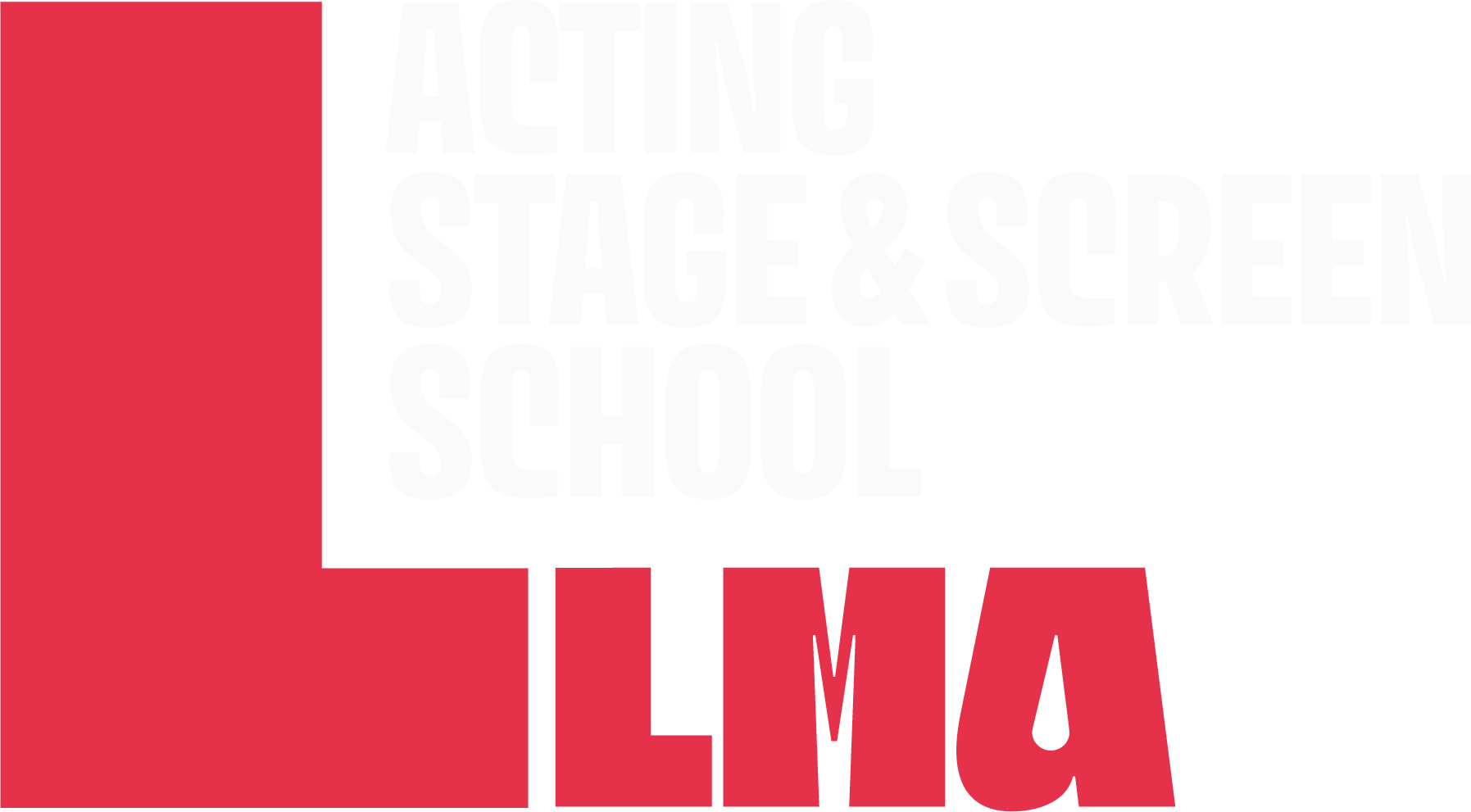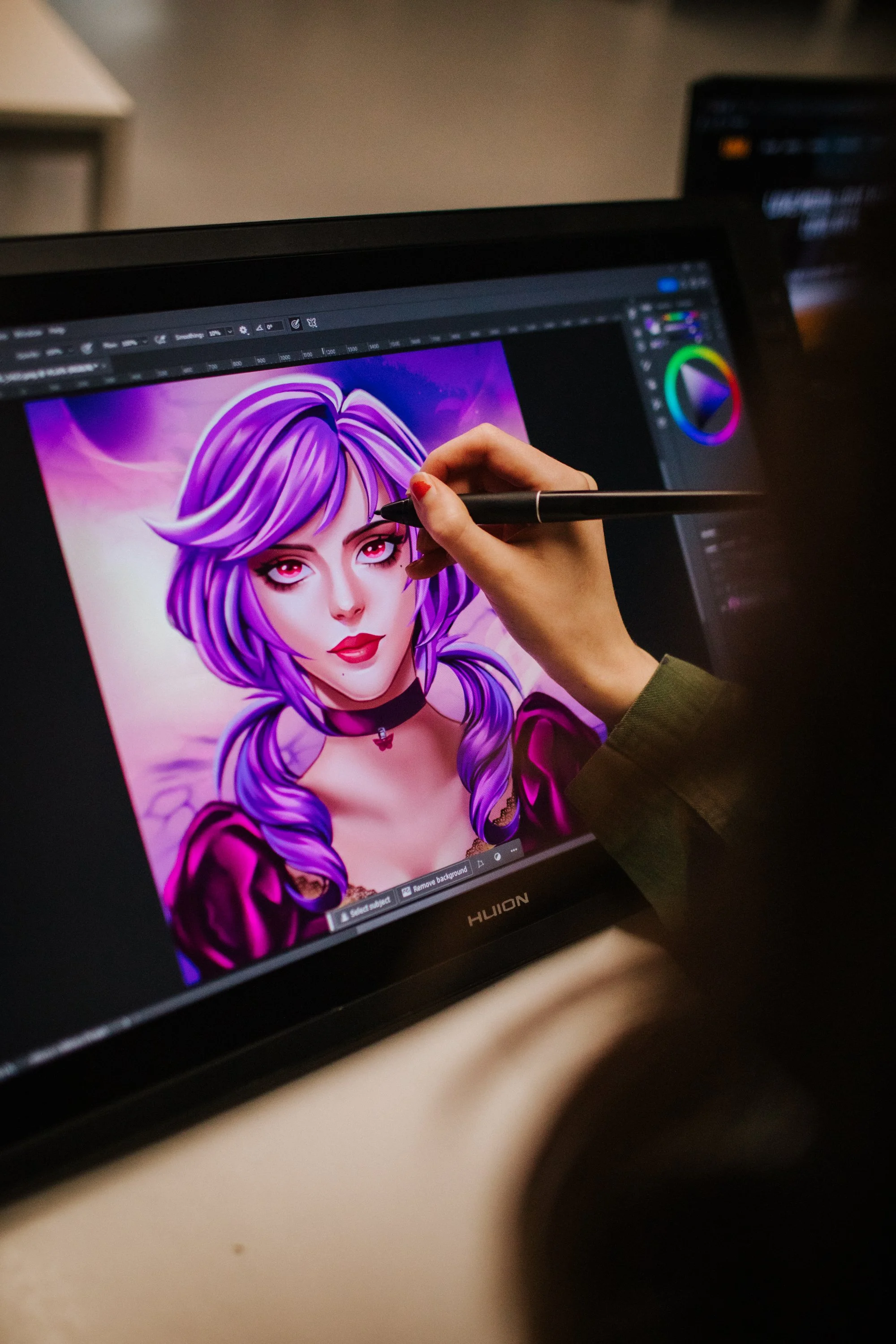
BA (HONS) DIGITAL GAMES ART
LMA INSTITUTION CODE : L52
UCAS COURSE CODE : W215
CAMPUS CODES:
LIVERPOOL : L LONDON : N NEWCASTLE : T
WHY STUDY AT LMA
STUDY IN LIVERPOOL - LONDON - NEWCASTLE
|
WORLD CLASS STUDIOS
|
INCREDIBLE CAMPUSES
|
INDUSTRY TUTORS
|
STUDY IN LIVERPOOL - LONDON - NEWCASTLE | WORLD CLASS STUDIOS | INCREDIBLE CAMPUSES | INDUSTRY TUTORS |
COURSE OVERVIEW
Games aren’t just played—they’re built, shaped, designed, and imagined by creative minds like yours. This hands-on degree in Digital Games Art is designed to equip you with the core skills, industry-standard tools, and artistic vision to develop immersive environments, stylised characters, and innovative visual assets that power the games industry.
From traditional art techniques and 3D modelling to concept design, storytelling, and full pipeline production, you’ll gain the technical mastery and creative confidence to thrive as a visual artist in the fast-moving world of gaming. You’ll collaborate in studio-style environments, respond to live briefs from industry professionals, and graduate with a standout portfolio that reflects your unique identity as a games artist.
Whether you dream of designing environments, creating game-ready characters or building the next indie hit, this course prepares you for a career in one of the world’s most exciting and evolving industries.
COURSE INFORMATION
-
You can apply for the BA (Hons) Digital Games Art course via UCAS - LMA Institution Code - L52 UCAS Code: W215
Standard Entry Criteria for the course is 96 UCAS points, further details can be found on the UCAS website
-
Awarded by: Regent’s University London
Tuition Fees (Full-Time, per Year): £9525
To ensure we can continue to invest in the student experience, tuition fees may rise each year of your course. For home students they will not exceed the cap set by the government. This is set out in our Terms and conditions and Tuition Fee Policy both can be found on our policies page.
Additional Costs: Students may incur costs for tickets and project expenses.
-
Module 1: Studying the Games Industry
Explore the evolution of the global games industry and discover the genres, milestones, and cultural moments that have shaped digital games today. You’ll develop essential research and academic skills, examine landmark games and their creators, and explore key debates surrounding gaming’s societal impact. This module builds a strong foundation for studying games art and design in a creative and informed way.
Module 2: Traditional Art Skills
Build core traditional art skills through studio-based workshops in life drawing, perspective, colour theory, and mixed media techniques. Learn to analyse and emulate traditional approaches to art and explore how these techniques underpin contemporary games art. You’ll develop both technical drawing skills and creative experimentation through a variety of media, styles, and visual challenges.
Module 3: Digital Art Skills
Gain hands-on experience with industry-standard software such as Adobe Creative Suite and Autodesk Maya as you develop the digital techniques essential for games art. From character and concept design to environment and visual storytelling, you’ll build the skills to create professional 2D and 3D digital artworks. You’ll also explore the ethical debates that arise from using already created assets and practically experiment by responding to a number of creative digital briefs.
Module 4: Games Art Production
Learn how to model 3D assets and build immersive environments using professional games software and production pipelines. This practical module explores core principles of game art creation, including structure, form, texture and perspective, all while working to creative briefs. You’ll also build teamworking and collaboration skills essential for a production studio environment.
-
Module 1: Exploring the Games Industry
Explore the evolving games industry by investigating the cultural, ethical, and creative debates surrounding game products. This module enhances your ability to critically analyse and evaluate the broader impact of games on society, through both theoretical and practical activities. You’ll engage in debate, research key industry themes, and examine issues like sustainability, representation, and the role of games as cultural artefacts. With an emphasis on academic and digital communication skills, you’ll present your insights in a variety of formats, preparing for both academic and professional contexts.
Module 2: Advanced Digital Art Skills
Develop your digital art practice to an advanced level by integrating traditional drawing techniques with cutting-edge digital tools such as ZBrush. You will explore how to transition 2D concepts into dynamic 3D forms and refine your use of software to produce high-quality digital artworks. Working on creative briefs, you’ll investigate how traditional and digital skills complement one another in concept art, character design, and games assets. The module focuses on refining your personal style and expanding your artistic versatility across different media.
Module 3: 3D Game Development
Step into the world of 3D Game Engines like Unreal to learn the fundamentals of level creation and gameplay design. This hands-on module introduces you to essential components such as triggers, collisions, Win/Lose states and game logic. You'll develop a playable level prototype and document the design process in a professional development plan. Emphasising technical fluency and creative innovation, the module enhances your understanding of production workflows within interactive digital environments.
Module 4: Advanced Games Art Production
Advance your production skills through a series of creative challenges based on industry briefs. You’ll refine your ability to create assets, environments, and character designs to a professional standard while working both individually and collaboratively. You will engage with industry pipelines, critique your own strengths and development needs, and document the creative journey through detailed production folders. The focus is on producing portfolio-ready work that aligns with industry expectations and demonstrates your growth as a games artist.
-
Module 1 Games Art Showcase
In your final year, this module gives you the opportunity to curate and present a powerful showcase of your best work in Digital Games Art. You’ll develop a professional-standard portfolio that reflects your unique style, technical strengths, and specialisms, whether in 2D or 3D. Alongside this, you’ll collaborate with industry professionals to respond to a live brief, creating a new piece of work that meets real-world expectations. You’ll also take part in a public group exhibition—giving you a platform to demonstrate your creativity and communicate your work with confidence.
Module 2 Games Art Major Production
Collaborate on a major creative production that mirrors the real-world games pipeline. This flagship final-year module challenges you to design and build a section of a game—known as a “vertical slice”—from the ground up, as part of a professional studio-style team. You’ll research audience needs, analyse market trends, pitch your concept to industry, and then plan, create and refine your product to meet a clear brief. This module is about taking everything you’ve learned—modelling, storytelling, team-working, software and more—and using it to deliver a polished creative production that reflects current games industry standards.
Promotional Portfolio
Prepare to launch your career within the Games Industry with a comprehensive promotional portfolio. You’ll learn how to market yourself professionally through showreels, websites, digital branding, CV writing, and promotional materials. Industry insight sessions and career planning workshops will help you identify your target audience and employment sector while giving you the tools to present yourself confidently to agents, employers, directors, and producers across the creative media sector.
Industry Investigation
Take control of your learning by researching a topic that reflects your personal interests and future career goals within the creative industries. You’ll explore an area of contemporary debate, emerging trend, or professional issue in depth—applying research skills, critical analysis, and academic writing techniques to create a fully developed research project. This independent investigation allows you to showcase your intellectual curiosity and professional insight alongside your performance training.
-
At LMA, your Games Art training takes place in a dynamic, studio-style environment designed to reflect the real-world production pipeline. From day one, you’ll be immersed in a hands-on, project-based learning model that develops both technical skill and creative confidence.
You'll learn through a blend of technical workshops, live briefs, studio practice, collaborative projects and individual portfolio development. Our tutors are active industry professionals who bring real-world experience into the classroom, ensuring that every session is current, relevant and practical.
Assessment is designed to reflect industry practice and expectations. Instead of written exams, you’ll build digital portfolios, present creative artefacts, pitch ideas, and reflect on your development as a games artist. Through feedback from tutors, peers, and industry guests, you’ll learn to critique, iterate and deliver work to professional standards.
-
By the time you graduate from LMA’s Digital Games Art degree, you’ll have developed a well-rounded portfolio and a diverse, in-demand skill set that prepares you for a future in the fast-growing games and creative industries.
Skills You’ll Gain:
Proficiency in industry-standard software including Adobe Creative Suite, Maya, ZBrush and Unreal Engine.
Advanced 2D and 3D art techniques, from character and environment design to asset creation and visual storytelling.
Creative decision-making, collaborative working, and project management across production pipelines.
Understanding of ethical, sustainable and legal considerations in digital content production.
The ability to present, pitch, and communicate ideas clearly to both creative teams and industry clients.
Career Pathways:
Graduates from this course can pursue roles such as:
3D Artist or Environment Artist
Character Designer or Concept Artist
Texture Artist or Lighting Artist
Technical Artist or Game Asset Creator
Indie Game Developer or Art Director
Visual Development Artist for games, TV or film
Roles in VR/AR content creation and immersive media
With your skills and creative portfolio, you’ll be well-positioned for opportunities within games studios, animation and VFX houses, creative agencies, and independent production teams – or to launch your own studio or freelance practice.

WHY YOU SHOULD STUDY GAMES ART AT LMA.
Industry-informed learning from day one
You’ll be taught by games professionals and digital artists with real-world experience, using the same tools, software, and workflows found in today’s studios. With regular guest speakers and live client briefs, everything you do is grounded in the realities of the modern games industry.
Creative collaboration in a studio-style setting
Our hands-on approach mirrors the professional studio environment. You’ll work in teams across the game development pipeline, gaining valuable experience in collaboration, feedback, iteration, and project delivery—just like you would in a real games studio.
Develop your creative identity and career focus
Whether your passion lies in concept art, environment design, or 3D character modelling, you’ll build a portfolio that reflects your personal style and professional aspirations—positioning you to stand out in a competitive global industry.

Ready to take the next step in your Games Design career? Apply now for the BA Digital Games Art degree at LMA and start your journey towards a rewarding career in one of the world's most exciting sectors.
Any questions about the course or admission process please contact the LMA Admissions team on admissions@lma.ac.uk phone or text 07723 611410
WhatsApp us:

